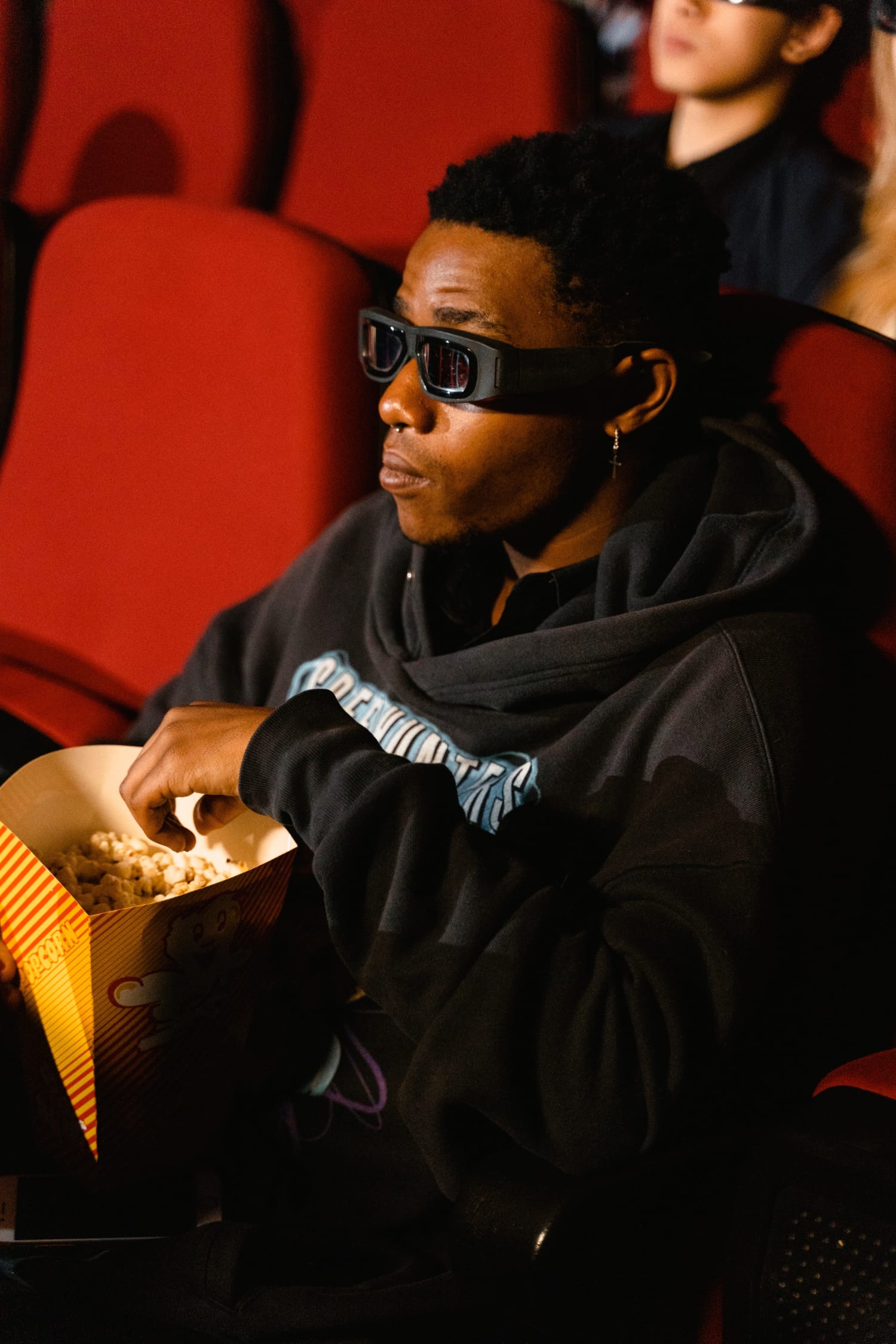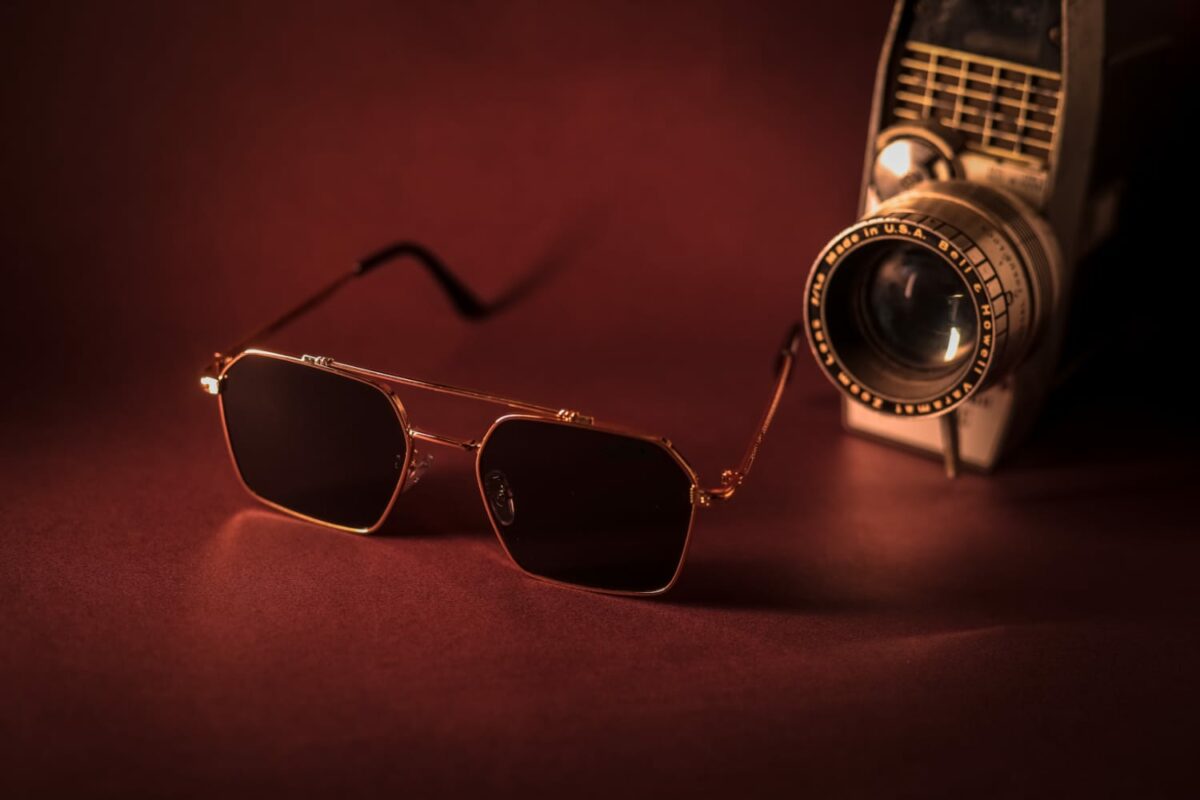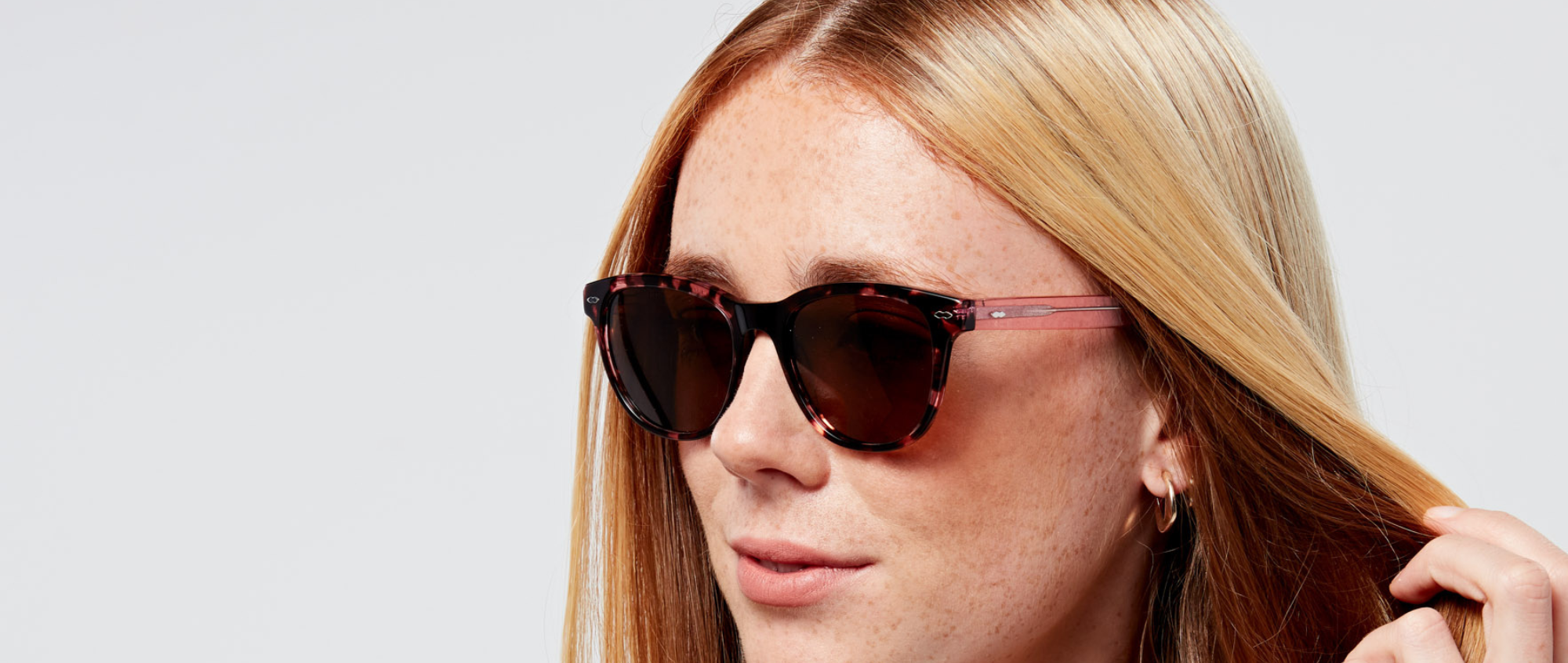While we sell prescription glasses here at Arlo Wolf does not mean we laugh at glasses when used as probs or when they are obvious “fake” as in without prescriptions. Some times they work great as probs like in the well known Hollywood movies. Here are some of most famous probs. From the iconic horn-rimmed glasses perched atop Clark Kent’s nose to the round, wire-framed spectacles donned by Harry Potter, eyeglasses have long been a significant prop in the world of cinema. These unassuming accessories often hold more than just prescription lenses; they can serve as powerful visual tools that enhance character development, express personality traits, and even influence the overall narrative. This article delves into the diverse roles that glasses have played as props in movies, their symbolism, and their impact on storytelling.
A Window into Character
A good movie requires character buildup and what better way than use glasses to get the picture across.Glasses in film have the remarkable ability to instantly define a character’s personality, profession, and even quirks. For instance, the thick, black-framed glasses sported by the stern and meticulous Adrian Monk in the TV series “Monk” immediately convey his obsessive attention to detail. Similarly, the oversized, round glasses worn by Jeff Goldblum’s Dr. Ian Malcolm in “Jurassic Park” reflect his eccentric and intellectual nature, setting him apart from the rugged adventurers around him.
Symbolism through Frames
Glasses also serve as powerful symbols, often contributing to a character’s transformation or highlighting their dual nature. Consider the character of Neo in “The Matrix.” His transition from a bespectacled computer programmer to the sleek, frameless sunglasses-clad hero mirrors his shift from the mundane to the extraordinary. The glasses become emblematic of his newfound awareness of the simulated reality he inhabits.
In Hitchcock’s “Vertigo,” the changing eyewear of the protagonist, Scottie, not only reflects his obsession with the past but also underscores his inability to see the truth clearly. As he falls deeper into a world of deception and manipulation, his glasses become a visual metaphor for his distorted perception.

Glasses as Disguise and Revelation
The use of glasses as a disguise is a classic cinematic trope. Characters like Superman (Clark Kent) and Spider-Man (Peter Parker) use ordinary eyewear to conceal their true identities in plain sight. This dual identity concept hinges on the idea that glasses can completely alter how a person is perceived, highlighting their transformative power beyond mere vision correction.
Conversely, glasses can also be used to reveal hidden truths. In “She’s All That,” the protagonist’s love interest removes her glasses as a visual cue for her transformation from a socially awkward bookworm to a stunning prom queen. This trope plays on the idea that glasses can mask beauty or potential, and their removal signifies an unveiling of the character’s authentic self.
Cinematic Storytelling and Glasses
Beyond character development and symbolism, glasses have a nuanced role in storytelling. They can provide valuable clues or catalyze pivotal moments. Think of the reflective sunglasses in “Terminator 2: Judgment Day,” through which the T-800’s programming is shown, subtly conveying its complex internal mechanisms. Additionally, glasses can act as emotional conduits, shielding characters’ vulnerability or amplifying their expressions.
In the world of cinema, eyeglasses are far more than vision-correcting devices; they are potent tools of character development, symbolism, and narrative storytelling. Whether they represent a character’s traits, signify transformation, or play a role in advancing the plot, glasses on screen are a testament to the intricate ways in which visual elements contribute to the cinematic experience. As long as stories are told through the lens of a camera, glasses will continue to shape the way we perceive characters and their narratives on the silver screen. So there it is. Glasses is more than just prescription glasses.

 Healthy New Year’s Resolutions Which Are Truly Worth Making
Healthy New Year’s Resolutions Which Are Truly Worth Making 10 of the best summer reads in 2020
10 of the best summer reads in 2020 Elle UK Magazine
Elle UK Magazine What are the best glasses for driving?
What are the best glasses for driving?